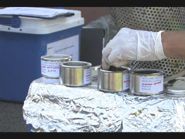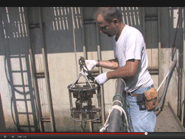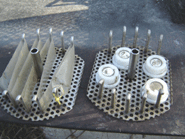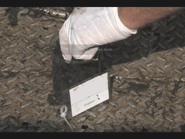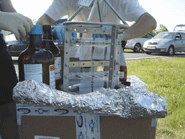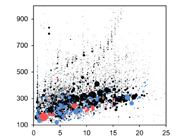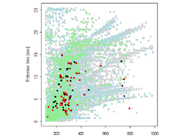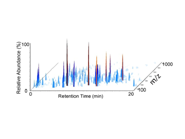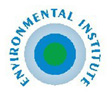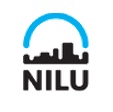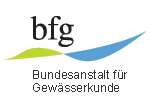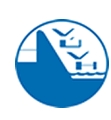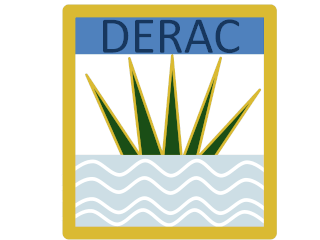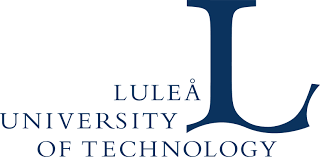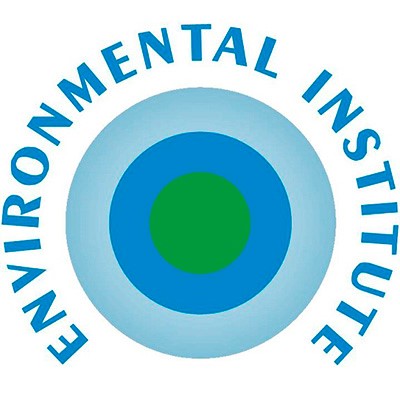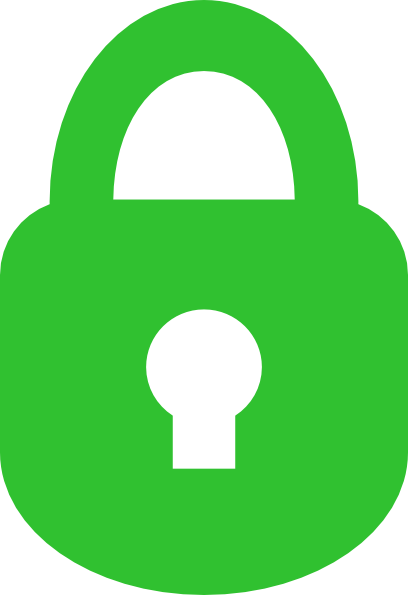You are here
Working Group 5: Water reuse and policy support
Co-Leading Team:
|
DERAC (France) |
Luleå University of Technology (Sweden) |
Environmental Institute (Slovakia) |

Focus
In response to the escalating problem of water scarcity, treated wastewater and stormwater are increasingly identified as reliable alternative water sources for a range of applications. Although the reuse practice is accompanied by a number of benefits relating to the enhancement of water balance and soil nutrition a number of questions are still open regarding the release of contaminants of emerging concern. Current open challenges include the spreading of biological contaminants (e.g. SARS-CoV-2) and antibiotic resistance, the uptake by plants/crops, the effects that these contaminants and their degradation products may induce in humans and the environment, the identification of technologies that are able to remove such contaminants from wastewater, and means and solutions to overcome these problems and promote safe reuse practices further.
The activities of this working group include:
- Identify and prioritise contaminants in waters (e.g. stormwater; reclaimed water) and sludge intended for reuse including antibiotic resistance determinants, transformation products and nano-micro scale particulate contaminants.
- Removal performance of treatment technologies including natural-based solutions.
- Conducting studies and consolidating information on the contaminants behaviour in soil including degradation, uptake by crops and bioaccumulation through the terrestrial trophic chains.
- Conducting studies and consolidating information on contaminant toxicity in soil including mixtures present in reused waters.
- Develop human and environmental exposure scenarios for water reuses to model the concentration of contaminants in soil resulting from this use.
- Assessing available data sets against relevance and reliability criteria established for use within chemical (e.g. REACH) and water (e.g. Regulation on minimum requirements for water reuse) regulatory frameworks.
- Developing scientific development updates and best-practice advice within a format that is useful and useable by practitioners and their dissemination to decision makers and the public.
Contact: Lian Lundy, Genevieve Deviller, Nikiforos Alygizakis
